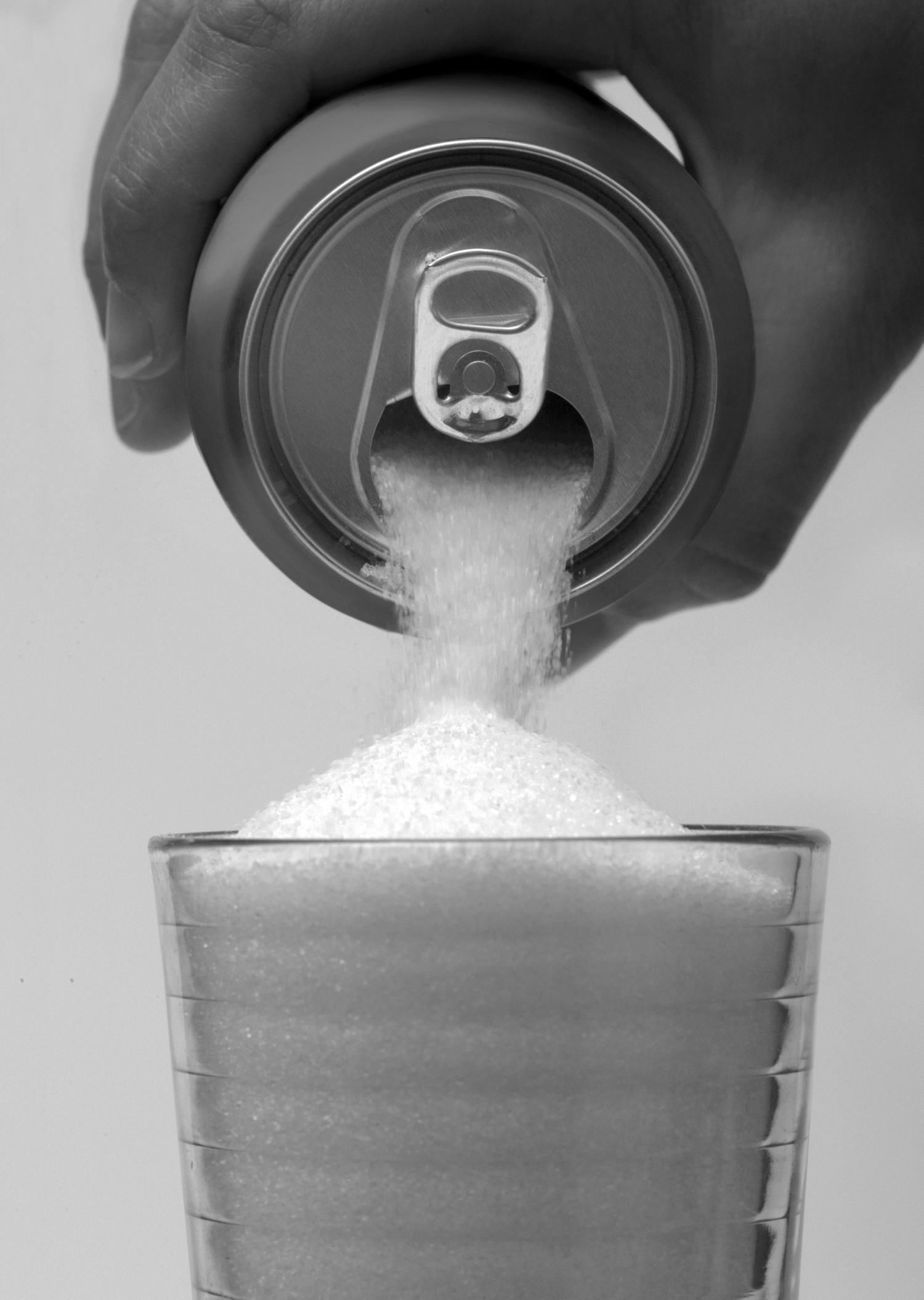How health and industry arguments appear in news about California sugar-sweetened beverage tax campaigns
Sugar-sweetened beverages (SSB) contribute to illness, especially among marginalized communities. As researchers study the effectiveness of population-level interventions aimed at improving equity — e.g., taxing sugar-sweetened beverages (SSBs), banning the sale of soda in workplaces, and offering voucher program for low-income adults to purchase fruits and vegetables — we want to know how much news coverage of these interventions may partially explain their health outcomes. Addressing this factor is of critical importance given that news coverage is an essential and well-established part of the context that can either help or hinder policy endeavors.
To that end, with colleagues from the UC Berkeley School of Public Health and UCSF’s School of Medicine, BMSG conducted a news analysis to determine how the frequency, volume, and scope of media conversation about SSB taxes changed across four successful California-based tax campaigns, from 2014 (leading up to Berkeley’s Measure D) through 2018 (when California enacted statewide preemption, preventing cities and counties from adopting any new taxes on SSBs until January 1, 2031). We also compared how supporters and opponents framed their messages.
Related resources




